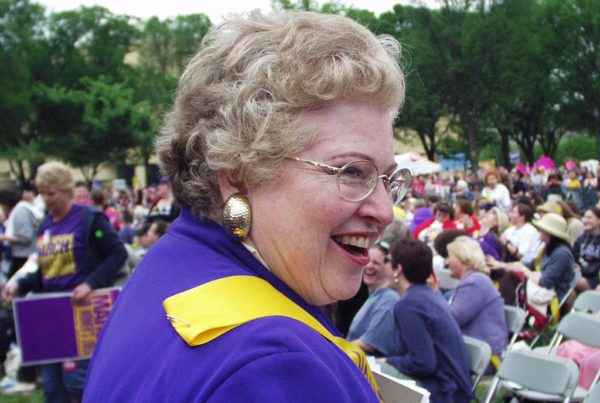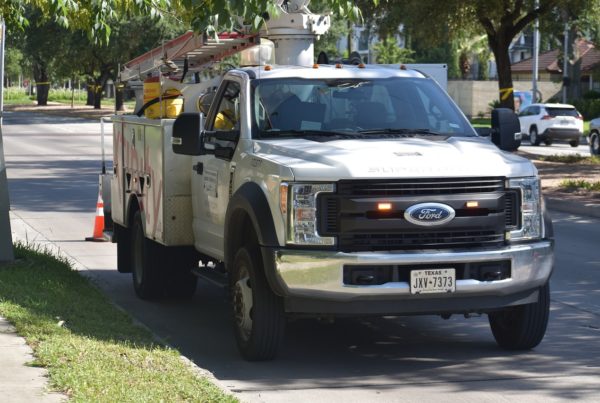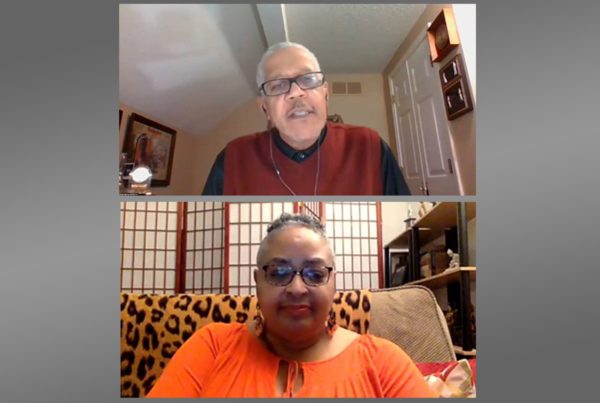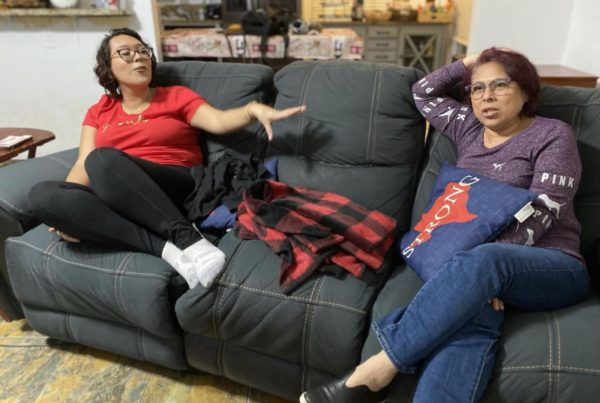Lloyd Doggett on Sarah Weddington
When Sarah Weddington first argued what would become the landmark Roe v. Wade abortion case, she was 26 years old and a recent graduate of UT Law School. The case she won culminated in one of the most well-known and consequential decisions in the modern history of the court. Then, at age 27, she won a seat in the Texas Legislature. Sarah Weddington died on Sunday, after a life spent advocating for women’s rights and teaching at the University of Texas and Texas Woman’s University.
Congressman Lloyd Doggett served alongside Weddington in the Texas Legislature. He now represents the 35th district of Texas in the U.S. House and joined the Standard to talk about Weddington’s legacy.
The risk of portable generators
The failure of Texas’ power grid during last February’s Winter Storm Uri has many Texans looking to avoid spending days without electricity if the grid fails again. One common way to restore electricity during a power outage is to have a portable generator. But those devices are among the deadliest consumer products. A new investigation from The Texas Tribune, ProPublica and NBC News reveals the dangers of portable generators amid decades of lax regulations. Perla Trevizo is part of the Tribune’s investigative unit and joined Texas Standard to talk about its findings.
Stephanie Wolfe on ‘Authentically Addie’ books
Stephanie Wolfe was in her first year of teaching when she found out she was going to have a baby girl. Her daughter, Addie, was born with challenges that kept her in the hospital for the first ten months of her life. Now, Stephanie is highlighting the beauty in differences through a series of children’s books based on her daughter. She shares her story with Texas Standard.
Latinos and Alzheimer’s disease research
Latinos in the United States are disproportionately impacted by Alzheimer’s disease. Researchers in South Texas are working to figure out why. Texas Public Radio’s Pablo de la Rosa reports the Alzheimer’s research programs at UT Health San Antonio and UT Rio Grande Valley were recently awarded funding from the National Institute of Aging to expand their work.
Television binge-watchers around the world can’t seem to get enough of Turkish TV. The shows, called “dizis,” have even caught the attention of Spanish-language networks and have trickled into Texas living rooms as a result. KERA’s Stella Chavez demystifies all the buzz.
Cities suing streaming services for franchise fees
Traditional cable TV providers are required to pay cities and counties something called a franchise fee, in exchange for using the local cable infrastructure. But streaming services do not have to pay those same fees. So, as more people move away from traditional cable, cities are collecting less revenue. That arrangement is currently being scrutinized by the courts, however, as cities such as Grand Prairie, Dallas and Irving have all sued streaming services in order to collect franchise fees. The Texas Standard learns more from John Bergmayer, legal director for Public Knowledge, a public interest group focused on the intersection of communication and technology.
Veterans Reader’s Theater project
An unusual program in Kansas City is helping former military service members address their feelings about war. The Veterans Reader’s Theater project encourages vets to write poetry and prose about their military experience and present it to the public. Organizers hope it can help veterans deal with shame or guilt. Anne Kniggendorf reports for the American Homefront Project.
All this plus the Texas News Roundup and Michael Marks with the Talk of Texas.














